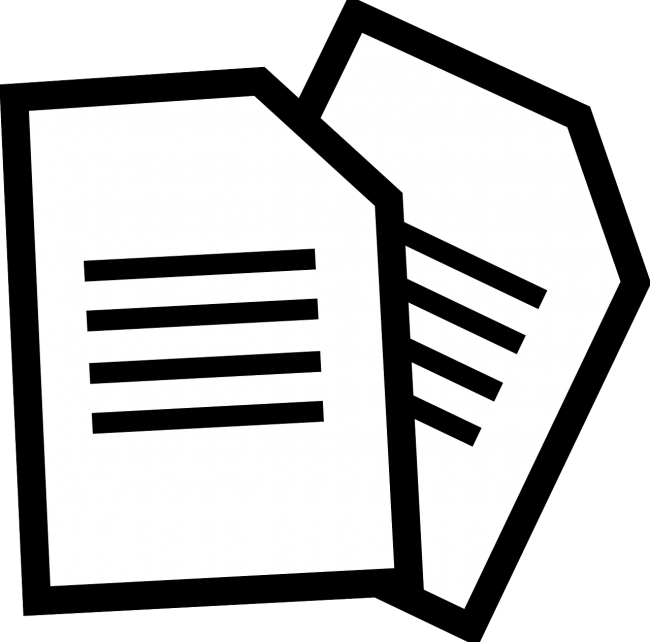
According to the Bureau of Labor Statistics, the human resources management sector is expected to experience growth of about 13% in the decade from 2012 to 2022. Not necessarily sexy and explosive growth, but steady.
If you are having your resume prepared by a professional (and I assume that you are if you are serious about your interview frequency success), then they should already know to convey the important concepts needed for an HR professional. But in case you are deciding to go it alone (tsk-tsk-tsk), then here are the six basic pillars you want to communicate that you possess:
Resume Goal 1: Employee Interviewing/On-boarding
What most people do not understand is that the hiring process is an expensive one. As such, it is imperative that the process yields good and high-quality candidates that management expects to stick around a while and contribute to the bottom line, producing a return on their investment. As an HR professional, you need to communicate a thorough understanding of how to conduct a targeted interview with the goal of weed out potential issues that you do not want getting through to the hiring phase. You also need to demonstrate a mastery of the on-boarding process. Efficiency in this area is critical because the sooner a new employee feels welcomed and comfortable in their space, the sooner they can contribute. Research shows that new employees only get about 90 days to demonstrate viability. You want to spend as little of that as possible securing their logistics, documentation and equipment.
Resume Goal 2: EEOC Reporting
You will definitely score points with the resume reviewer when you can boast EEOC reporting experience. Employers with 100 or more employees are required to collect and report data on their workforce. The EEOC’s job is to enforce Federal laws that prohibiting employee and applicant discrimination, management harassment, denial of reasonable workplace accommodations and retaliation due to complaints. Communicating any experience in this area, as well as participation in any special projects or high profile cases can really raise an employer’s eyebrows and help put you in front of the competition.
Resume Goal 3: Benefits Management
Another area of importance to address on the resume is any benefits and payroll management experience that you can bring to the team. Any skills you have in navigating the complexities of health insurance and pension plans is considered a plus, especially with the changes brought about by the Affordable Care Act. A valuable team member will be able to aid in designing and administering benefits programs, so give this some premium space on your resume. Any knowledge and skills in the areas of savings and thrift plans, profit sharing or stock ownership plans? Yep, be sure to mention it, along with that ability to track changing Federal and State regulations and legislation.
Resume Goal 4: Performance Appraisals
Any company that is interested in keeping good people and developing them into great employees has to provide regular and organized feedback on what they do well, and not so well. The performance appraisal in the vehicle for doing this, so be sure your resume reflects this skill set. Good performance reviews also provide foundational documentation that protects the company against liability when troubled employees come back with flawed or faulty claims for their dismissal. Since performance appraisals are done at every level of the company, you may also need to train others in this practice. If you have done this in the past, be sure your resume says so.
Resume Goal 5: Policies and Procedures Interpretation
As an HR professional, you are the guardian on company policies and procedures. When there is a question by a departmental manager on how a particular situation fits with company policy, they will come to you for clarification. Employers want to know that you have experience in dealing with “gray area” situations where a call needs to be made. Let the reader of the resume know that you understand the difference between an ambiguous policy and a precise one. Large companies have diverse workforces consisting of people from different generations and cultural backgrounds. As such, their “interpretations” can tend to be just as diverse. Be sure your resume communicates that you can deal with this.
Resume Goal 6: HRIS and Applicant Tracking Systems (ATS)
Now, where would we be without addressing the digital aspect of the job? Your HRIS and ATS knowledge can put you over the top in the human resources world. Your resume should be sure to communicate your ability to manage the data entry, data tracking, and data information needs of HR, along the entity’s accounting and payroll functions. Are you coming to the party with any experience in using Talent Platform, Zenefits, The Resumator, BambooHR or The Halogen Talent Management Suite? If so, your resume should definitely say so. ATS software is usually a module of HRIS systems of larger companies, but their goal is similar. Its purpose is to give companies and recruiters a central repository and database for recruitment data and information.
Don’t get me wrong, I still believe you should be seeking out the expertise of a certified resume writing professional to assist with a project such as this. But if you are going to wade out in that HR resume development water alone, you can consider this a lifeline (oops, I mean outline). Good luck!







